Note: This article has been updated to include recent advice from the Malaysian Energy Commission as of August 2017.
Water heaters can be found in many Malaysian homes. It’s a convenient way to get a hot shower, but it can also be a dangerous electrocution hazard.
In August 2016, Malaysians were shocked by news about a 19-year old student who died from electrocution while taking a shower at her home in Seremban 2.
Although the reason for the accident was never identified as the instant water heater, it is possible for such appliances to cause electrocution.
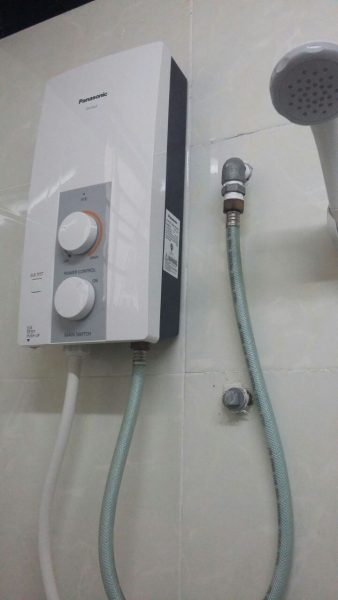
Types of water heaters
There are two types of water heaters; storage water heaters and instant water heaters.
Storage water heaters heat up water in a tank, and is usually installed in the ceiling above your bathroom. The hot water is kept until you need it for your shower.
Typical storage water heaters contain anywhere between 40 to 100 litres of water. And because it stores so much water, it needs a few minutes to heat the water to the desired temperature.
The advantage of storage water heaters is its consistency in terms of temperature and water pressure. Since water supply has already been heated, it allows a high-pressure flow of about 10 litres per minute, with a maximum temperature of 70 degree Celsius.
Instant water heaters are also common in Malaysian homes. It is also known as a tankless heater, and since it does not have a water tank, it takes up less space in the house. Instant water heaters are installed in the shower area itself.
In an instant water heater, cold water is heated on-the-fly, as it travels through the unit’s heat exchanger. The water supply flows directly through the appliance, where it is instantly heated up by electrical heating elements.
Some instant water heaters also come with a built-in pump. This keeps the water pressure high enough for the heating elements to do their job. If your water pressure is too low (or you are experiencing water rationing), you may not get any hot water from your heater.
Instant water heaters can be more cost effective in the long run, compared to the storage type, as it only uses energy when the heater is being used.
Dangers of water heaters
Water heaters can be a dangerous hazard if not installed or maintained properly. If the thermostat fails, the water can become too hot, and cause severe burns. It can also be a fire risk.
Also, since electricity is used to power the heating elements, it can be an electrocution risk if the electricity is not isolated from the water that flows on your body when you shower.
Safety Advice When Choosing Water Heaters
The Malaysian Energy Commission (Suruhanjaya Tenaga Malaysia) has advised homeowners to replace water heaters that are more than 10 years old as those older models do not meet the latest safety requirements.
For storage water heaters, look for those that come with plastic-based inlet/oulet isolation barriers. This innovative device, which has been made mandatory since April, is to limit the amount of leaked current that enters or leaves the circuit, and to prevent electrical accidents.
Since 2000, new storage water heater models also feature safety specifications such as thermostat and built-in thermal cutouts.
As for instant water heaters, the new models are now fitted with a built-in 15 miliamps (mA) residual current device, which detects the leak of dangerous current caused by defective equipment.
New models also come with non-conductive material or plastic hose that is at least one metre long. Ten years ago, most instant water heaters in Malaysia came with a stainless steel conductive hose, which has now been banned. Conductive hose allows electricity to flow through a victim in case of a leakage.
How to Test Your Water Heater Safety
On top of the latest safety specifications for your water heater, we also spoke to our recommended electricians for advice on how to make your shower appliance safe:
Don’t install a water heater yourself if you are not trained. Especially with electrical appliances that come into contact with water. Many heaters say “plug-and-play for homes with pre-installed chrome pipe”, but it is always better to be safe rather than sorry.
Many people also make the dangerous mistake of mixing up the wiring (earth and live wire) during installation. If that happens, the heater may function normally, but will not automatically switch off in case of electrical surge.
In such cases, it is better to get a trained professional to install it. Recommend.my provides electrician services who can do the wiring and installation for you.
Check the TEST button on your instant water heater once a month. Once you have your instant water heater installed, you need to make sure it will stop the power supply in case of an electrical surge.
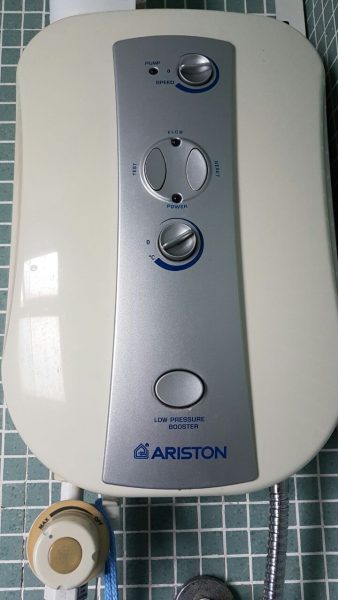
Alan from KMH Electrical Sdn Bhd says, “To test this, your instant water heater will come with a button on the side marked “TEST” or “ELCB” (Earth leakage circuit breaker). Turn on the switch outside the bathroom (so that the water heater light is on), then press this button. You should hear a click, and the power to the heater will be cut off. That means it is working.”
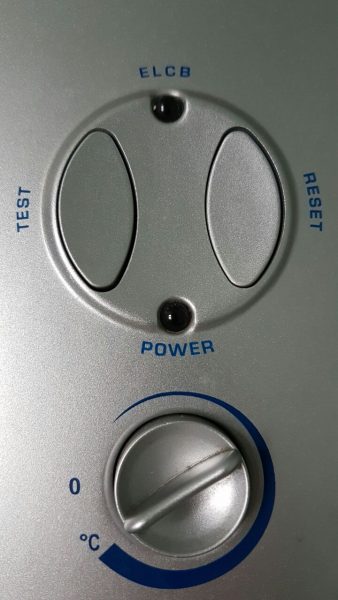
Inspect for loose cabling. Your instant water heater should have a cable to connect it to the power mains. Make sure it is properly sealed so that water does not get in during a shower. Also check for any loose connections, as the earth wire can sometimes get disconnected. If you are not sure about this step, ask an electrician to check this. You should check every few years to make sure any potential problems are fixed correctly.
Test your house fuse box regularly. Every home has a big electrical box known as the Residual Current Circuit Breaker, or RCCB. You will usually find it by your main door, under the stairwell, or in the kitchen.
Laila from Flushrush Plumbing Services explains how to test, “Open the RCCB cover, and you should see a large “TEST” button. Similar to the ELCB on the water heater, push this button once a month to see if the switches trip, and the power supply cuts off. If power to the house is not cut off when the button is pushed, call an electrician to check it.”
Avoid pointing the shower at the water heater casing. It’s not a good idea to mount the heater on one wall, and mount the shower head on the opposite wall so that it sprays on the heater. Although most water heater manufacturers make their units water proof, the seal may deteriorate over time. If you shower with extremely hot water, the steam may also condense on the water heater, causing the seals to wear out.


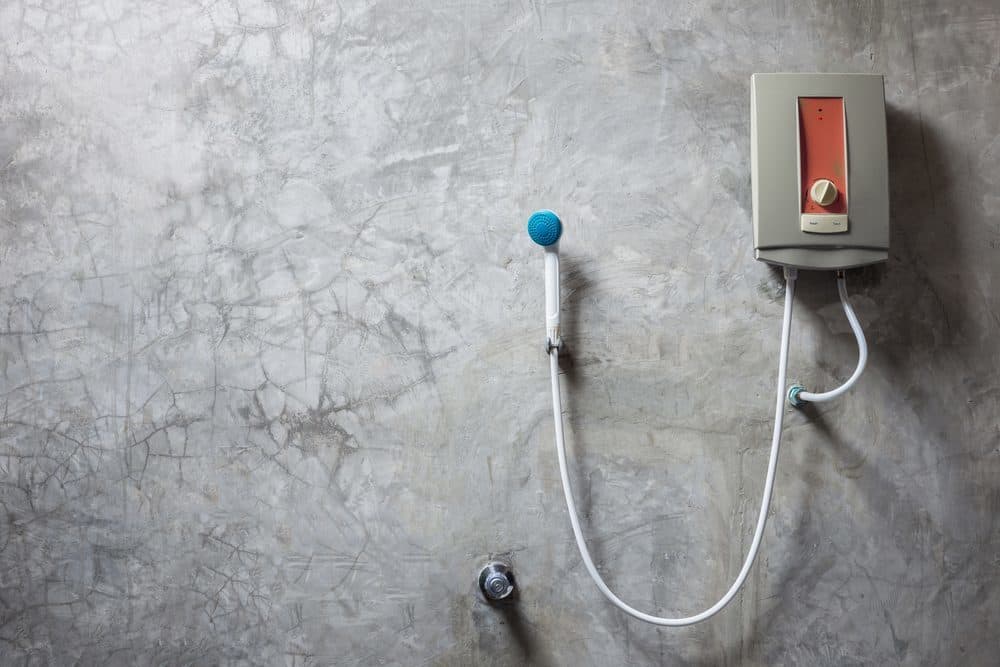
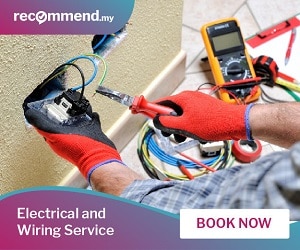
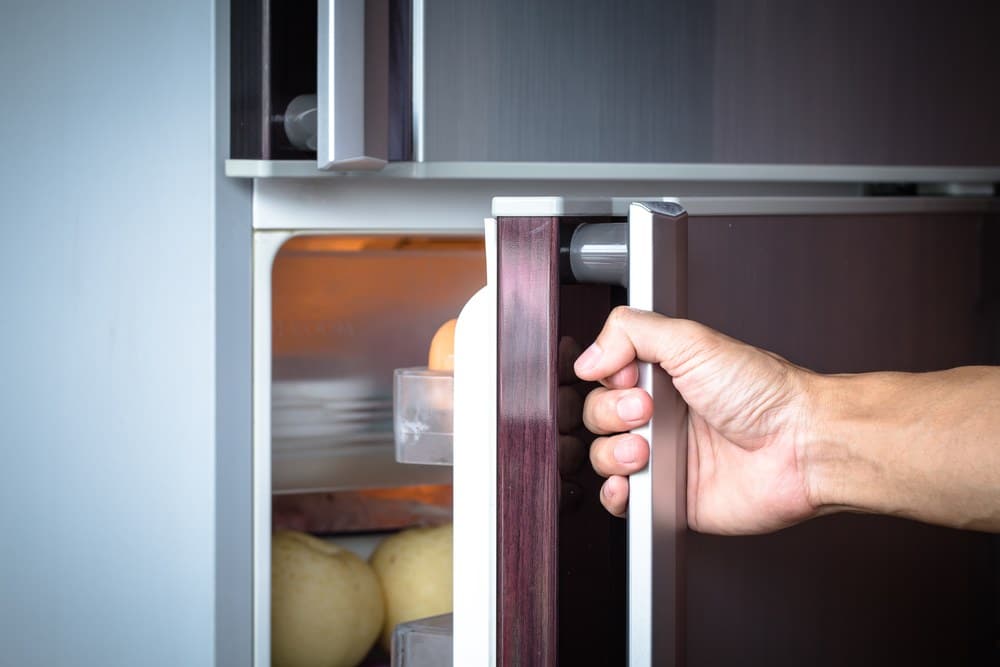
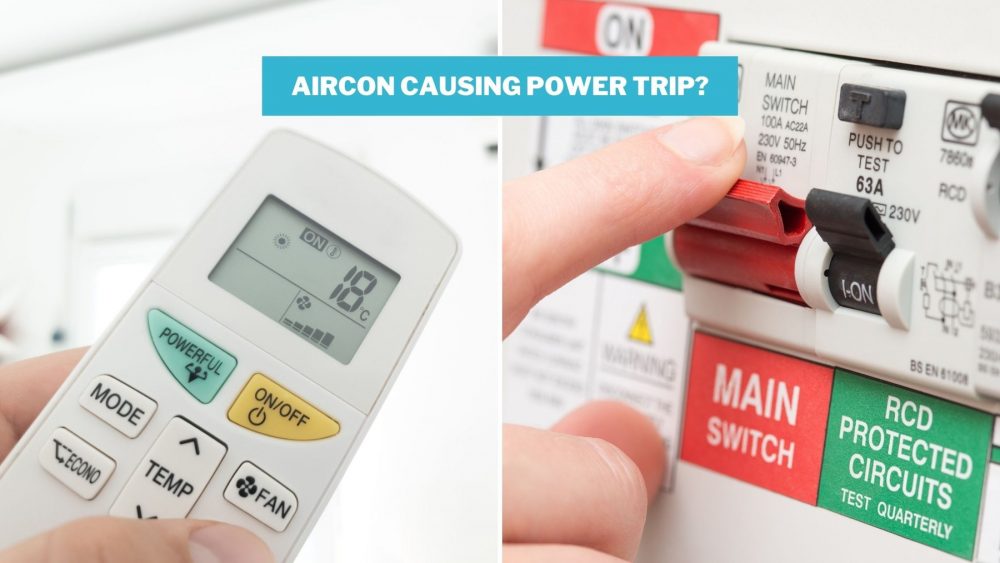
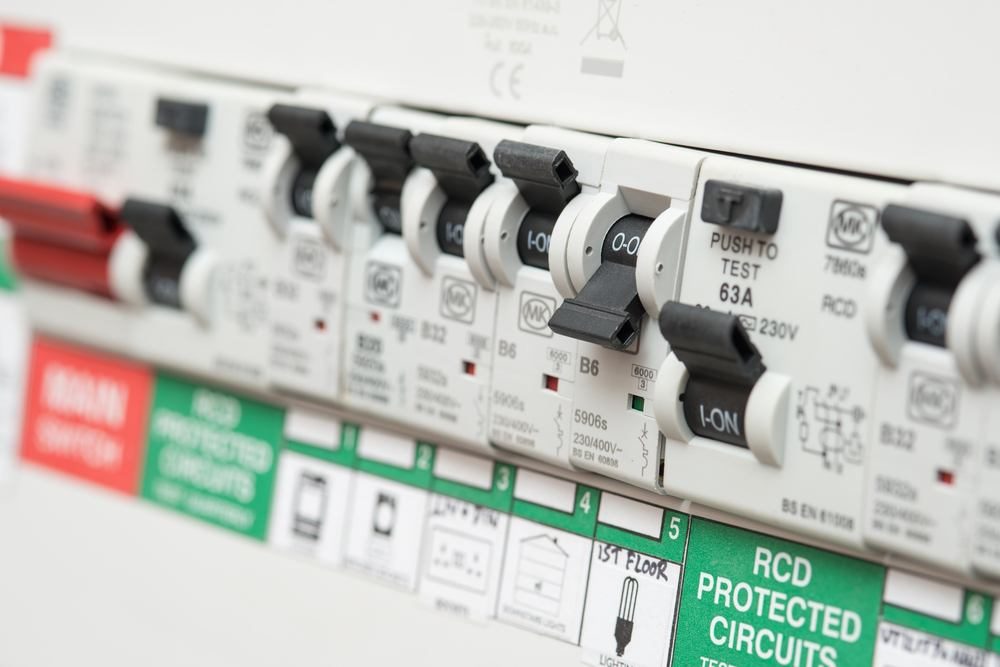
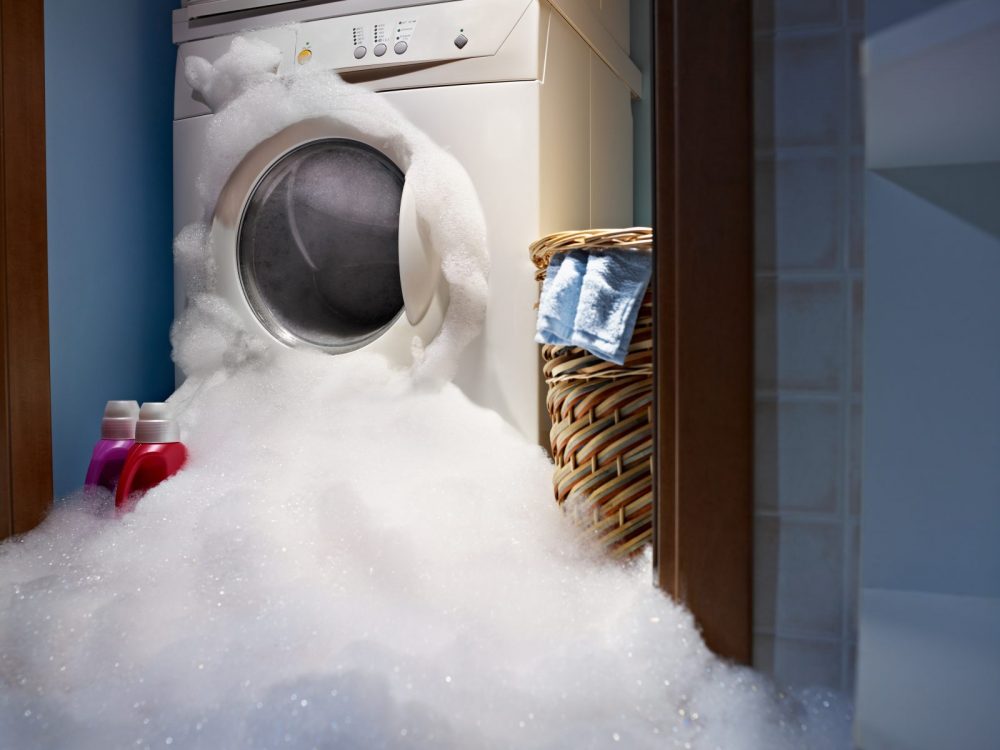
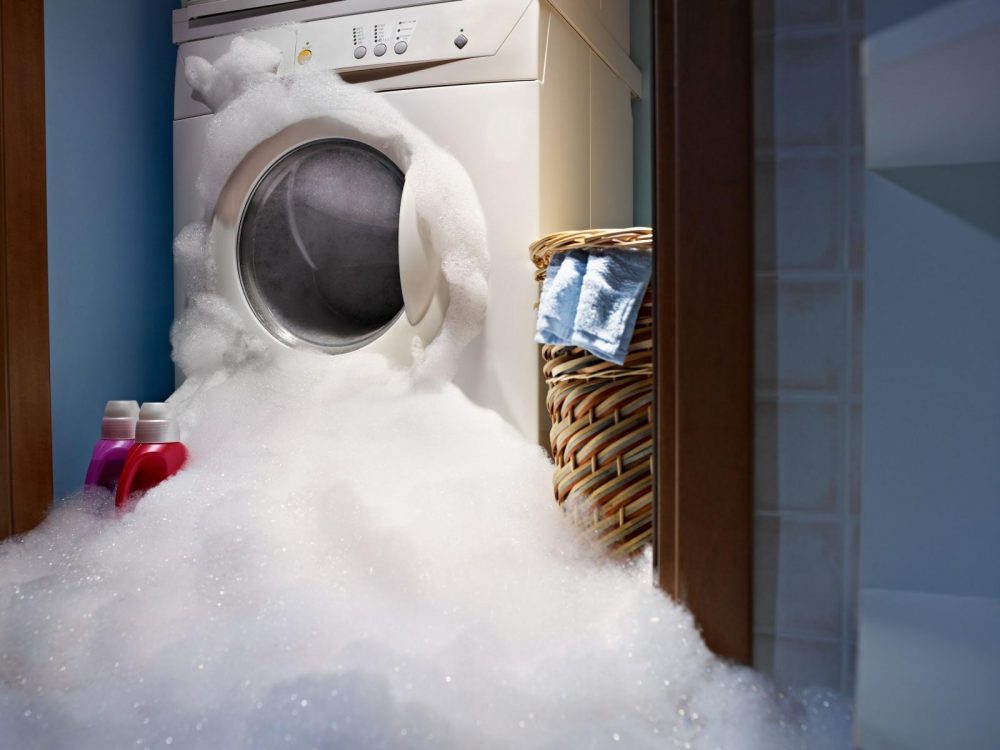
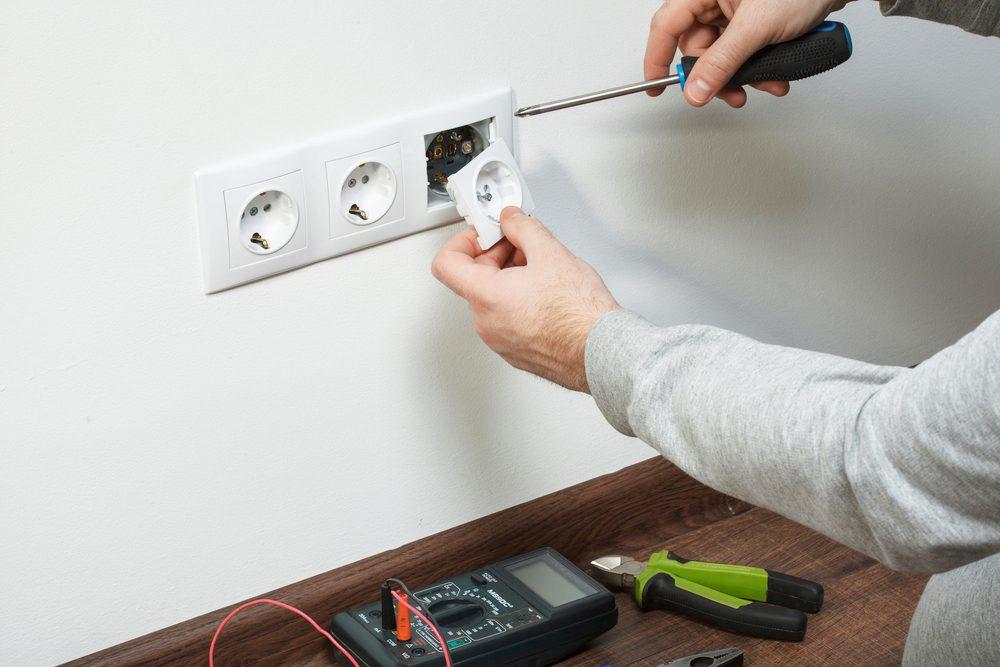
any steps user can do to keep them safe from the water heater?
1) adjust the water flow and how hot the water you want when your, then turn it on let water running
2) Turn on the water heater switch
3) Get in and have your shower. Don’t touch ANYTHING on the shower head while showering. Avoid standing on any metal drain plate.
4) Get out when finished and THEN dry your hand and all part of your body, wearing dry wooden shoe and turn off the water heater switch followed by the water tap.
Make sure your hand and body are dry and you are NOT standing in a wet area on the floor
correct me if i am wrong, thank you
Pingback: Penginapan Harus Melakukan Pengecekan Berkala untuk Cegah Korban Kesetrum Water Heater | Kabarna
The main danger is the contact with the water that is connected with the electric potential during breakdown of the insulation. Just one thing prevent theshock: the hose with sprinkler must be of plastcs and the hose length must be longer than i meter. this makes the electrical resistance of water big:hundreds of coms
Pingback: What Is the Average Price for Plumbing Services in Malaysia? - Recommend LIVING
Pingback: How much do electrical and wiring services cost in Malaysia? | Recommend.my
While take shower,is it necessary to wear rubber slipper as some electrician say will b saved than bare foot…tq
I doubt if that would help much considering your feet would be completely submerged in water. Maybe a little.
Expert advice : the article mentioned above about the mixed up wiring is wrong. A mixed up wiring between the live and earth will not allow the heater to work but will immediately trigger the MAIN ELCB in the house main circuit breaker box. Also it will not work at all and if there is no circuit breaker in the house, then the user will get an immediate electric shock when the water heater is switched ON. What the article is trying to say that if the mixed up wiring is between the neutral and live, then yes the appliance will work but NOT in the way it’s designed for and practically unsafe when a fault develops. Understand the difference between an ELCB and a CIRCUIT BREAKER. , they are different,
Very informative read! Come to think of it, shower heaters really are a bit scary because of how close the electricity is to conductors with water directly hitting your body. Will definitely follow all of the tips included in here, I would also try to see if any of the metal parts in my heater could be replaced with plastic.
By the way I would also like to ask if a pressure reducing valve would affect my shower heater in any way? My neighbor installed one with inlet and outlet gauge and it read close to 100 psi which is almost too high and may damage pipes and other appliances that utilize water based on this article that I read. Thanks!
We wish to share some thoughts on “How to Prevent Shower Electrocution”.
Understand the risk of electrocution.
Overall, the storage/instant water heater DID NOT lead to an electrocution even it is damaged/faulty/wrong wiring if a proper “Residual Current Device (RCD)” able to comply with the following:-
a) RCD Enhancement against Suruhanjaya Tenaga (ST/EC) Electricity Regulations 1994 of 35 and 36 (https://www.st.gov.my/en/details/policies_details/7/2), and
b) An article of “5mA earth-leakage trips in USA” study dated 7th May 2008 from PSES of UL, USA (https://www.mail-archive.com/[email protected]/msg55321.html).
Please go the WEBSITE for details.
1) Electricity Regulations 1994 of 35 is emphasizing on “Effectively Maintain” of the Earth termination to the Ground at a premises. The Earth termination is the discharge path in case of any residual current resulted from a faulty equipment (like Instant water heater). The proposed RCD must able to provide “Automatic Detection” against “Earthing” availability and ‘Automatic Isolation” the power source to the electrical appliances in case “Earthing Lost” or in the absent of the “Earthing” termination (absent of the Earthing Lost could be due to corrosion, cabling fault, aging … etc.). Meantime, the proposed RCD must also provide “Earthing” ALERT if in the scenario of “Earthing Lost”.
2) As refer to the article of “5mA earth-leakage trips in USA” study, our human body withstand current is less than 3.5mA but the safe level to isolate the residual current to a human body is only less than 2.5mA.
In the said Regulations 1994 of 36-1 and 36-2, the related residual current protection requirement of a RCD is set at “NOT MORE” than 10mA. If refer to the PSES report, 3.5mA is the highest level that a human body can withstand and if exceeded, the victim could be killed or seriously injured during an electrocution incident (which subjected to the victim’s withstand body).
So, to eliminate the risk, the proposed RCD must able to provide residual current protection for less than <2.5mA/240Vac. The enhancement of the residual current setting at 2.5mA of the said Regulation (36-1 & 36-2) is a MUST.
3) Faulty of the RCD – The proposed RCD must able to provide "Automatic Isolation" if the device found to be faulty/damaged in an operation.
In short, the proposed RCD that able to prevent electrocution MUST able to perform the above (1) to (3) requirements and the device is the total solution on what you need for your family.
Air Bubble jet to increase the force of water output
Thanks much appreciated for the great advices.
Any ideas; My shower heater always got shock when turning the tape..
Hey Wilson that should not happen. Please stop using it and get an electrician to take a look right away